TBH, this Gucci list is dank AF. (If you can say those annoying slang words out loud with a straight face, you are stronger than we are.)
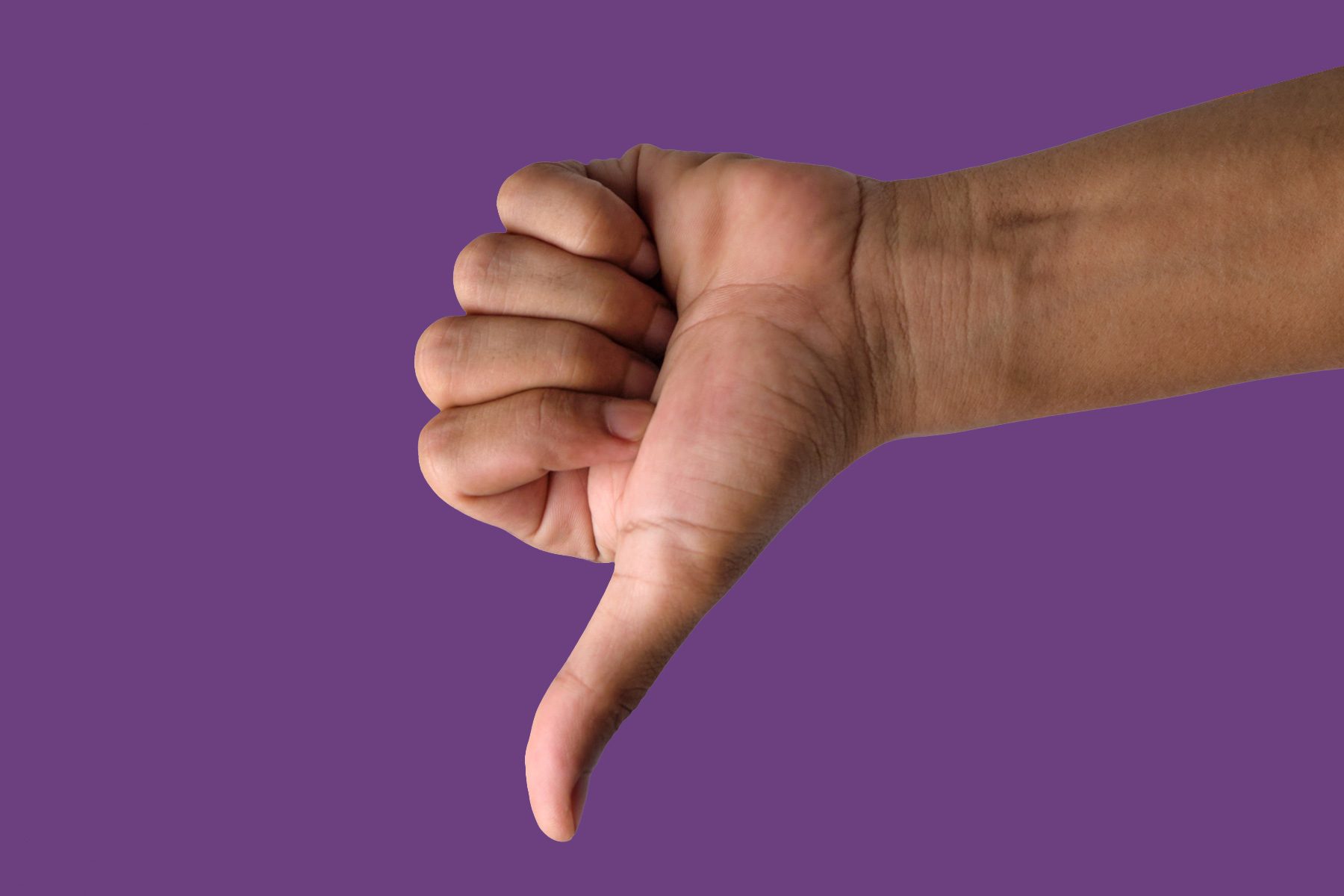
22 Annoying Slang Words That We’re Ready to Retire

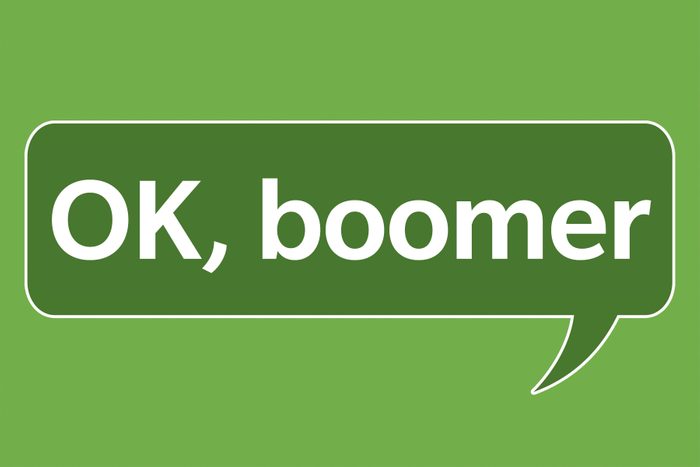
OK, boomer
Millennials’ most devastating volley fire in the war of the generation was just two words: OK, boomer. We could explain why the 60-year-olds are beefing with the 30-year-olds, but honestly, we don’t care. Can’t we all just be a little nicer to one another and recognize that people of every generation make good contributions to society?
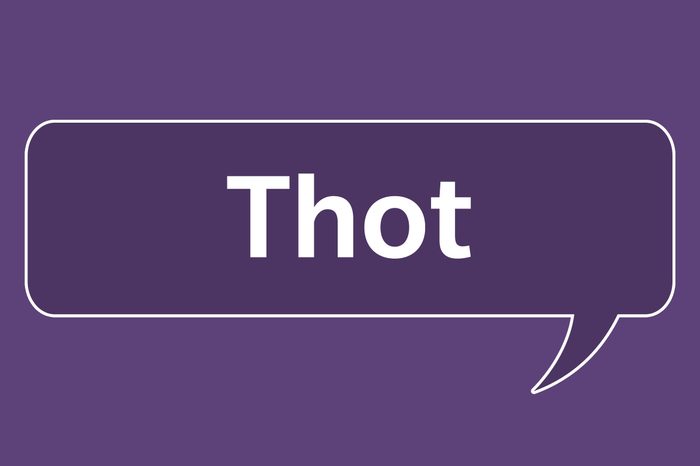
Thot
This is modern slang for an old-fashioned “whore.” It’s a crude term some people use to describe women or girls who do things they consider “slutty,” like sending nudes or sexting with lots of different people. It’s demeaning and gross, and the fact that there’s no male equivalent says a lot about the societal double standard. Sometimes, people don’t realize how hurtful these sexist labels can be—it takes only a little awareness to choose kinder words and make a real difference.

Gucci
The luxury brand name has become synonymous with “really great” and “very cool,” as in “That’s Gucci” or “Those shoes are Gucci.” It was cute the first 100 times. Then Lil’ Pump came out with Gucci Gang, and we all heard the word so much that it lost all meaning. Turns out every era has its own version of Gucci—people in the ’20s had some pretty wild slang of their own—but we’d be happy going back to great.
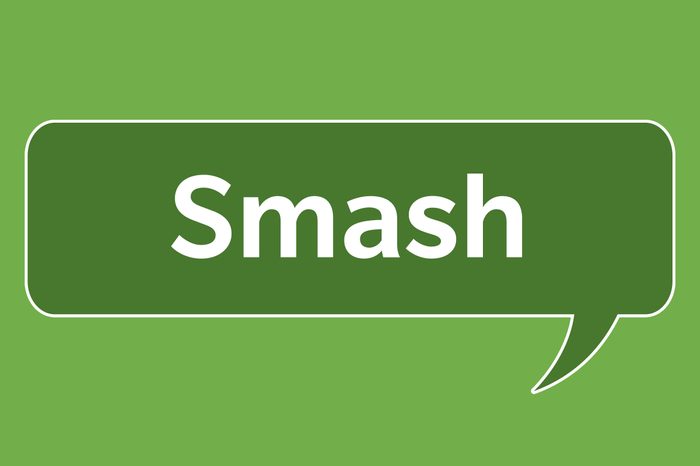
Smash
Before you venture onto Tinder, you might want to brush up on some of the popular slang terms used on dating sites. One such word: smash, slang for “have sex.” But did we really need another euphemism for sex? And even if we did, did we need one that sounds so … painful?
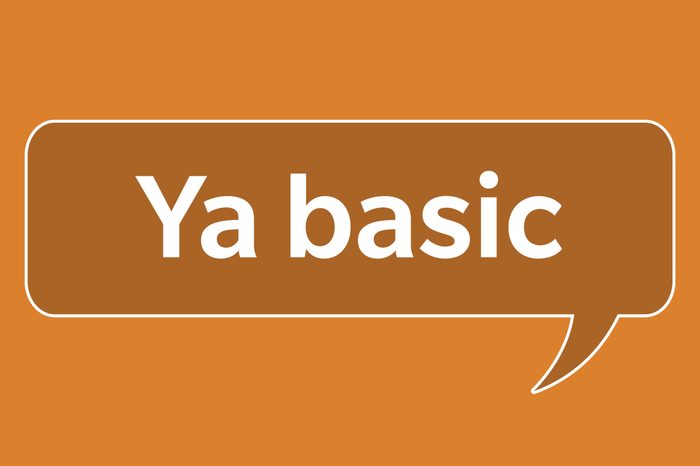
Ya basic
Calling someone basic means that they’re boring and only like things other people like. But why shame people for what they like? There’s so little joy in the world as it is. Let people have whatever makes them happy, even if it’s not your thing.
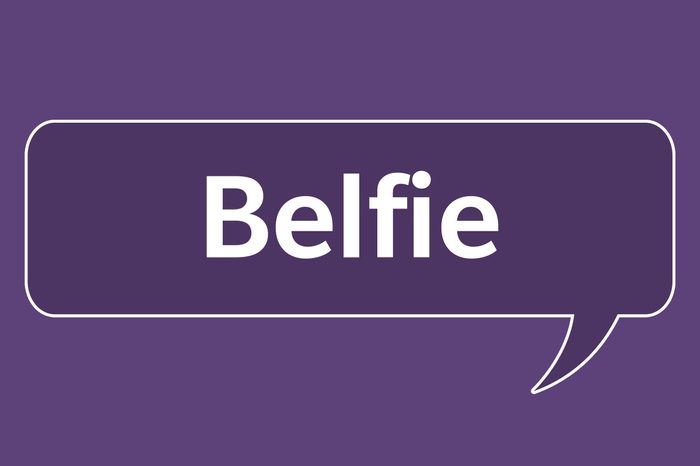
Belfie
Butts are in. So are selfies. Which is how we arrived at peak belfie, or butt selfie. You can’t scroll through social media these days without seeing a (usually photoshopped) butt … or five. Can we drop the cutesy slang pretense and just admit people like butts and that’s fine?
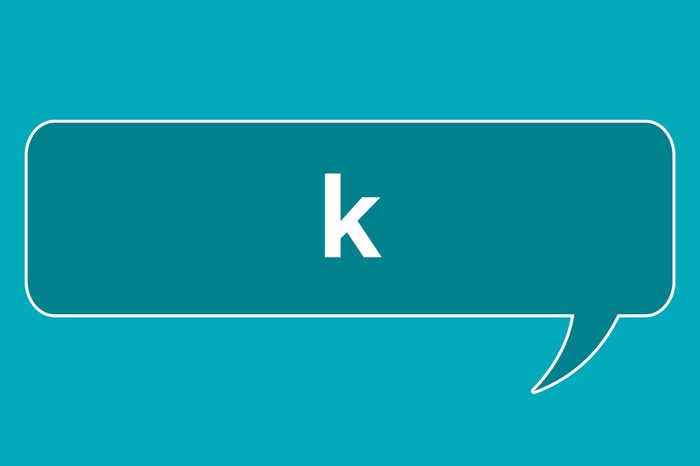
k
A lowercase k is one of the most commonly used text abbreviations, and never has so much been said by one single letter—a letter oozing with disdain. Texting a single k (with no punctuation) to someone is technically a short version of OK. But these days, it is slang for “You’re boring and annoying. Never talk to me again. Or do. I don’t care. You’re nothing to me.”
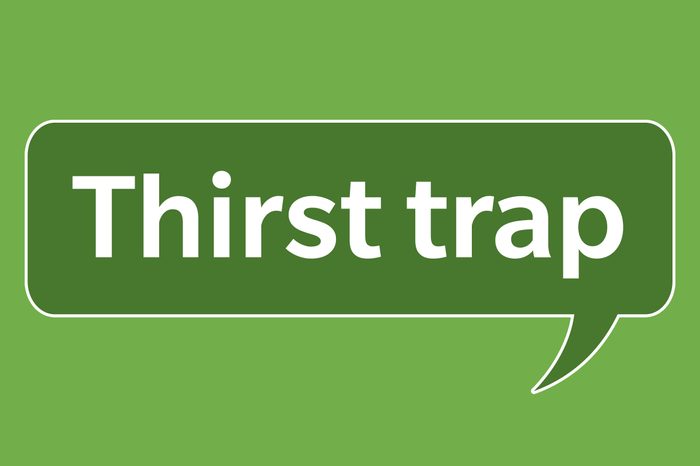
Thirst trap
If someone is desperate for attention and will do anything to get it, they may post a thirst trap, a photo or video that aims to get the internet “thirsting” after them. But wanting attention is a very basic human need, and instead of shaming people for trying to get it, perhaps we should be focusing on teaching them better ways to connect with others.
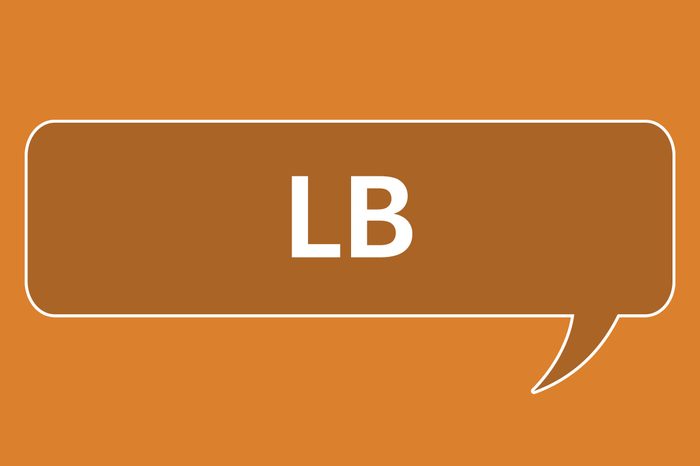
LB
You may not have heard this one said out loud, but chances are, you’ve seen LB, slang for “like back,” a million times on social media. It’s the shortest, laziest way to insist someone follow or like your account because you followed or liked theirs. It’s all the worst parts of social media rolled up into two letters—not to mention a clear example of how social media etiquette often goes out the window. Just like what you like because you like it.
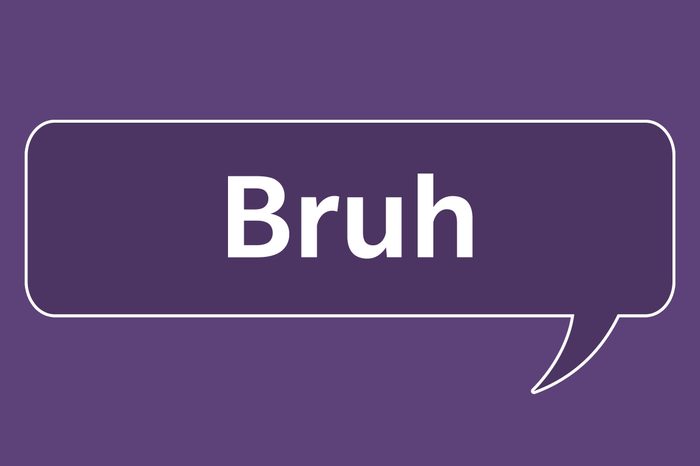
Bruh
A long, long time ago, we used brother to refer to the son of our mother. A long time ago, we used bro to refer to our brothers and pals as close as family. And now we have bruh, a term that used to be slang for brother (an alternative to bro, if you will) but is increasingly used for pretty much everyone: brothers, friends, parents, strangers—you name it. And it can mean anything. Still, this one flies too close to frat boy speech for us.
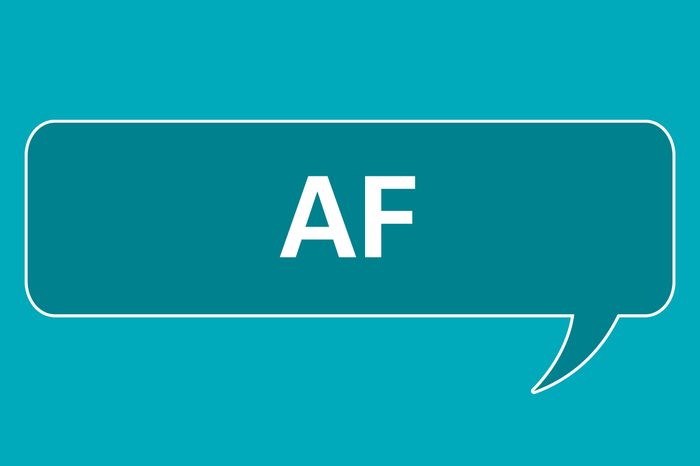
AF
AF is internet slang for as f*** and means that something is really great or next level: “These enchiladas are tasty AF.” You get the punch of using a curse word without actually cursing. Which is all fun and games … until you have to explain it to Grandma at Thanksgiving. Maybe save the AFs for the group chat and go with something Grandma-approved.
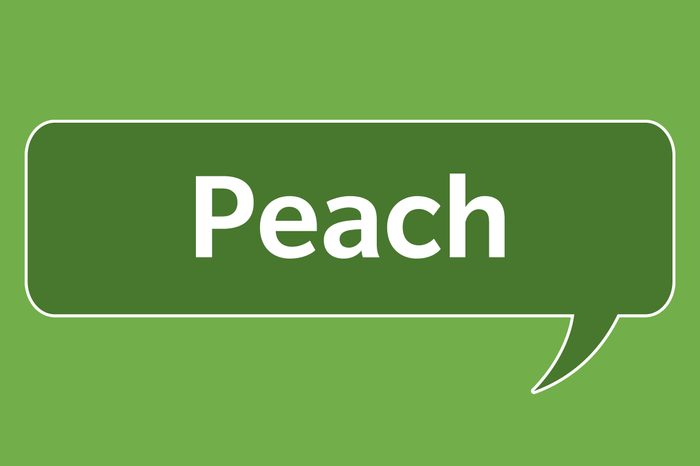
Peach
Peach is cutesy slang for a woman’s butt. You often see it under a picture of a girl squatting with a caption like “growing my peach!” and maybe a little peach emoji. Good for you for exercising. Also, good for liking your butt and having that self-confidence. But please just call it a butt.

Receipts
We’re living through the decade of “receipts.” Everyone from celebrities to random strangers on the internet is posting pictures, transcripts, videos and call recordings as proof of a wide variety of wrongs done. If you’re on a reality show, then fine, bring all the receipts; that’s your job. If you’re talking to Susan at the office water cooler, cut it out; no one wants to get dragged into your feud with Mike.
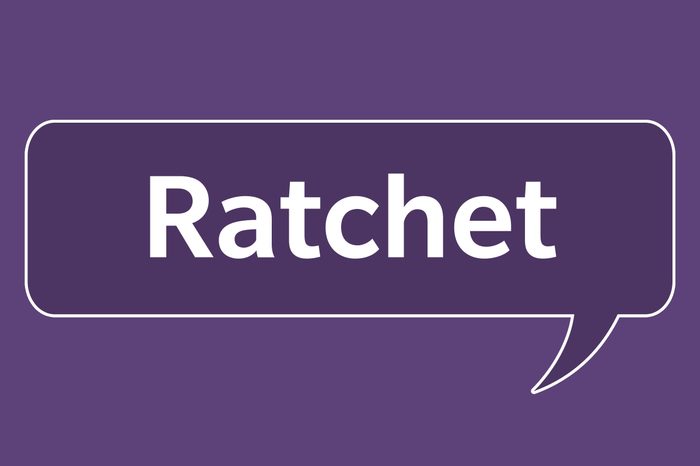
Ratchet
This is a cruel term used to describe someone who looks really bad or something that’s seen as stereotypically poor or low-class, and it may come with a hefty dose of racism on top. It’s definitely at the top of the list of things you should never say at work—or ever, really.
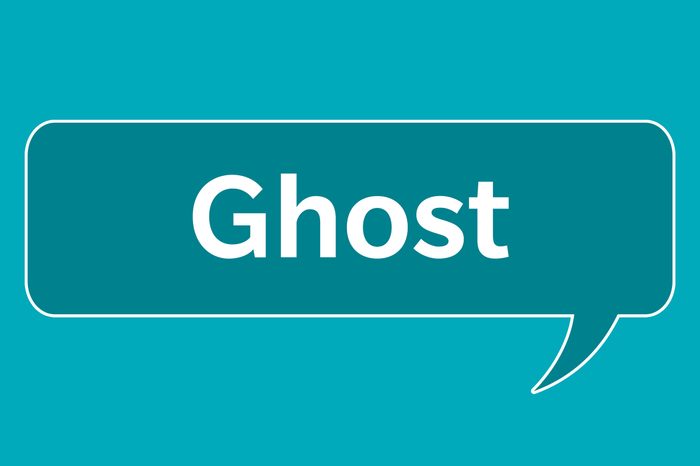
Ghost
The word ghost is fine in a paranormal context, but when it’s used to end a relationship without an explanation or even a goodbye, then it’s more horrific than all the scary movies put together. Ghosting is essentially cutting off contact without an explanation. Here’s a rule to live by: Unless you’re dealing with someone dangerous or abusive, don’t ghost people. It’s mean, and everyone deserves closure.

Bet
Nope, we’re not talking about laying down cash with hopes of a bigger payday. Bet just means “yes.” (Sometimes it’s a more enthusiastic form of agreement, like “for sure” or “sure thing.”) You’re substituting one three-letter word for another three-letter word that sounds nothing like it. It’s like using Jack as a nickname for John—you can, but why?
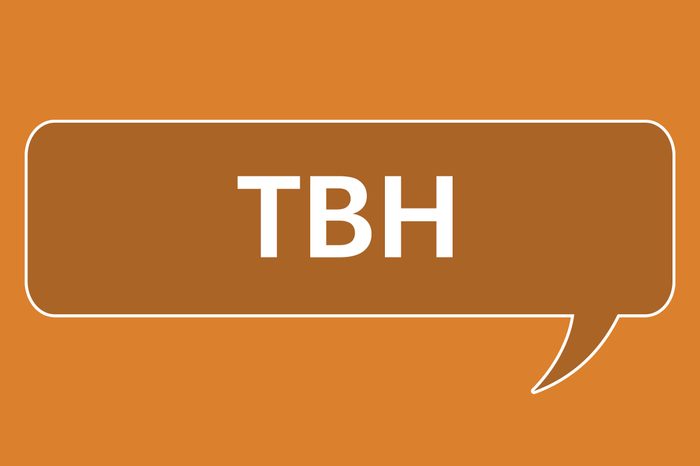
TBH
To be honest, this phrase is so overused that there are entire chats full of tweens who can’t start a sentence without it. At best, TBH (aka “to be honest”) is irritating and unnecessary; at worst, it’s a way to say hurtful things under the guise of “just being honest.”
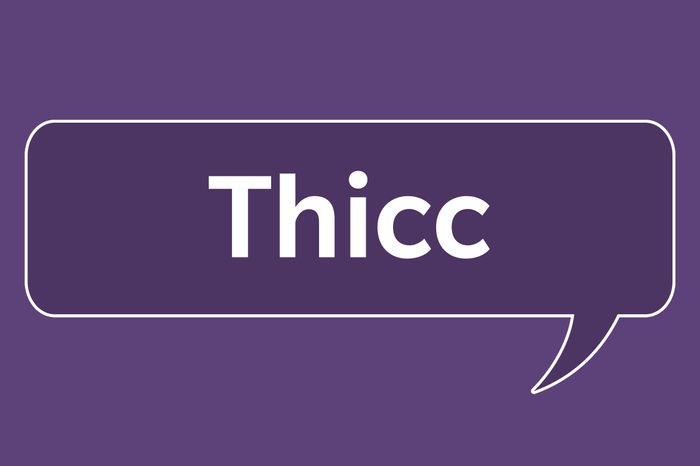
Thicc
Curvy women are having a cultural moment, and that’s exciting. And a woman with a lot of curves, especially through the hips, thighs and butt, is deemed “thicc.” It’s a compliment but can be considered an insult by those who grew up in an era when thick meant “stupid.”
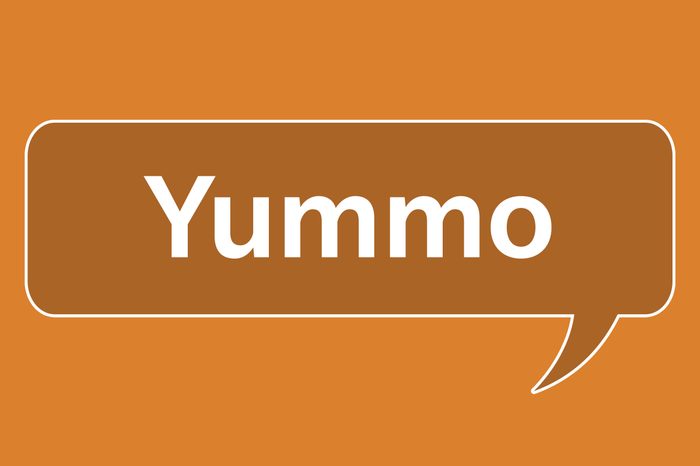
Yummo
If you’re talking to a toddler refusing to eat peas then, sure, that food is “yummo!” If you’re in adult company, however, you might want to rethink using baby talk. This particular baby term is one of those annoying slang words that we really should retire.
The bottom line: Slang words might make us sound cool—for a time. But not every trend deserves to stick around. So next time you are tempted to drop a “k” or send a belfie … maybe just don’t.
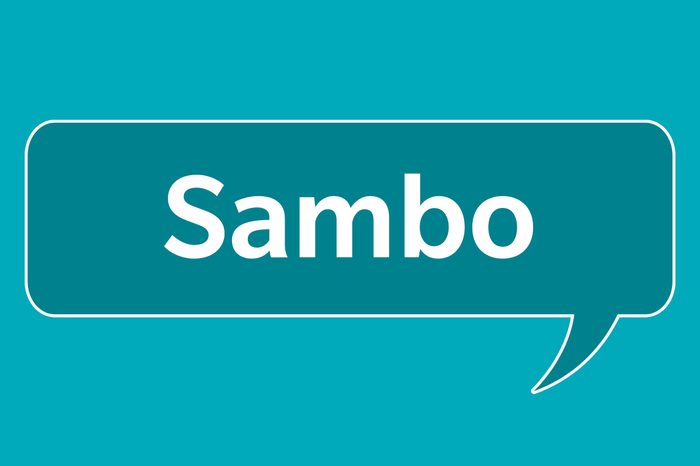
Sambo
This racial slur isn’t a new slang word by any means, but unfortunately, it made a big comeback in 2019. Don’t use racial slurs. Not this one. Not any of them. Ever. Once you learn the origins of popular slang words like this, they take on a whole new meaning. And that’s your cue to stop saying them.

Dank
This slang word has so many meanings, it’s basically become meaningless. Sometimes it means something really cool or unique on the internet. Other times it refers to high-quality weed … or something that’s overused. And then there’s the original meaning: musty or damp. Slang can differ by age, race, location and other factors, so the meaning of this slang term might depend on where you live. The upside is that you can use it to mean anything in almost any context, and you probably won’t be wrong. The downside is that it’s imprecise and pretty meaningless.

VSCO
Pronounced “visko,” VSCO, is an app for editing photos. But like so many apps these days, it’s taken on a life beyond the digital sphere, embodying a certain type of breezy aesthetic as modeled by “VSCO girls.” They’re adorable, but at best, it feels like using kids for marketing, and at worst, it’s objectifying young women.
Why trust us
At Reader’s Digest, we’re committed to producing high-quality content by writers with expertise and experience in their field in consultation with relevant, qualified experts. We rely on reputable primary sources, including government and professional organizations and academic institutions as well as our writers’ personal experiences where appropriate. We verify all facts and data, back them with credible sourcing and revisit them over time to ensure they remain accurate and up to date. Read more about our team, our contributors and our editorial policies.
Sources:
- The New York Times: “‘OK Boomer’ Marks the End of Friendly Generational Relations”
- Dictionary.com: “Thot”
- Dictionary.com: “Smash or Pass”
- Entertainment Tonight: “’The Good Place’ Star D’Arcy Carden Reveals Origin of Show’s Catchphrase ‘Ya Basic’”
- The Week: “Belfie, drelfie, helfie, and more variations on selfie”
- Inside Hook: “The Difference Between Texting kk, ok, okay, and k”
- Bustle: “What It Means When People Post “LB” On Instagram”
- NPR: “Brother to Bruh: How Gen Alpha slang has its origins in the 16th century”
- Cambridge Dictionary: “AF”
- Dictionary.com: “Peach Emoji Meaning”
- NPR: “What Amy Klobuchar Is Really Saying When She Talks About Having ‘Receipts’”
- Merriam-Webster: “A New Meaning of the Verb ‘Ghost’”
- Collins: “Yummo”
- Jim Crow Museum: “The Coon Caricature”
- Cambridge Dictionary: “Dank”




















